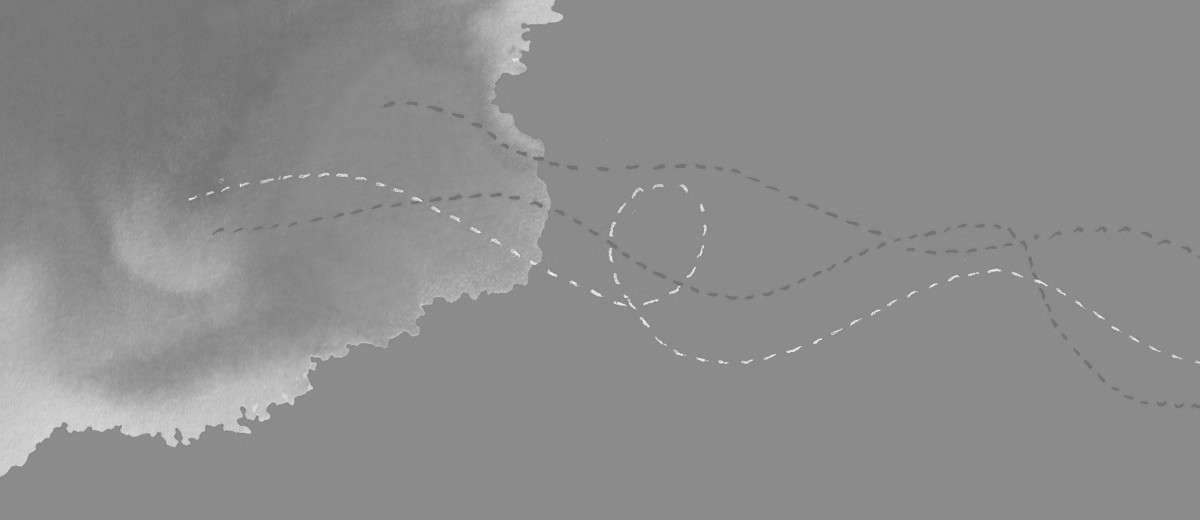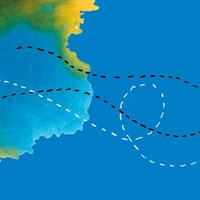Subject
ContributeGeographic Origins
The Kingdom of Belgium is in north-western Europe. It is bordered by the North Sea and the Netherlands to the north, Germany and Luxembourg to the east and France to the south.
History of Immigration and Settlement
Belgians are divided into three linguistic groups: Flemings, who speak Dutch; Walloons, who speak French; and German-speaking, Belgians. There are no known German-speaking Belgian South Australians.
The first known Belgians arrived in South Australia after the Second World War as Displaced Persons (DPs) from refugee camps in Europe. Many were Belgian wives of men from other European countries. Belgians were employed in textile and manufacturing industries and as labourers under two-year government contracts. In 1947 there were 22 Belgian South Australians.
Significant numbers of Belgian immigrants came to South Australia in the 1960s. The Belgian and Australian governments signed an immigration agreement in 1960, the same year that the Belgian Congo was granted independence as Zaire. Many Belgians returned to Europe from Africa before immigrating to Australia. Australia’s climate attracted Belgian immigrants.
Belgian South Australians are employed in a wide range of occupations. They have mainly settled throughout the metropolitan area.
Community Activities
The Belgian Radio Association of South Australia was established by Rene Steffen and Karl Roggemans in 1980. The association was founded with the aim of providing a distinct focus for Belgian South Australian cultural life. Before its formation Fleming South Australians were generally involved in Dutch South Australian cultural life, while Walloons tended to participate in French South Australian cultural life.
The Belgian Radio Association of South Australia began broadcasting on 5EBI-FM in September 1982. It promoted the maintenance of the French and Flemish languages and cultures in South Australia. The association broadcasted programs about Belgian Australians and current affairs in Belgium in two of the country’s languages. From 1986 Daniel Planquart presented the French segment of the program. In the same year Huguette Newland began broadcasting the Flemish segment, assisted by Rita Slovinec.
The Belgian Radio Association of South Australia broadcasted live. It aired special shows in English for days of cultural significance. It also published an annual January newsletter which was mailed to around 100 Belgian South Australian families. The newsletter contained a list of the association’s functions for the year. Activities included masquerade balls; Easter picnics; a dinner dance for Belgian National Day, which commemorated the 21 July, 1831, accession of Leopold I to the Belgian throne; bingo nights; an annual general meeting; a summer picnic; and a Christmas party on December 6, the Feast Day of Saint Nicholas. For further information see Appendix 1, Religious Belief and Practice: Christianity.
The Belgian Radio Association of South Australia ceased broadcasting in 2000 and shutdown completely on the 21 July 2001.
Organisations and Media
- Belgian Radio Association of South Australia
- 5EBI-FM Radio Program
Statistics
According to the 1986 census there were 452 Belgian South Australians. 458 people stated they were of Belgian descent.
The 1991 census recorded 443 Belgian South Australians. 676 people said that their mothers were born in Belgium, and 589 that their fathers were.
From the national census in 1996 South Australia had 424 Belgians by birth, this represents 9% of all Belgian born Australians.
The 2001 census recorded 407 Belgian-born South Australians.
The 2006 census recorded 401 Belgian-born South Australians, while 657 people said that they were of Belgian descent.
The 2011 census recorded 434 Belgian-born South Australians, while 778 people said that they were of Belgian descent.
The 2016 census recorded 480 Belgian-born South Australians, while 826 people said that they were of Belgian descent.



CommentAdd new comment
Quickly, it's still quiet here; be the first to have your say!